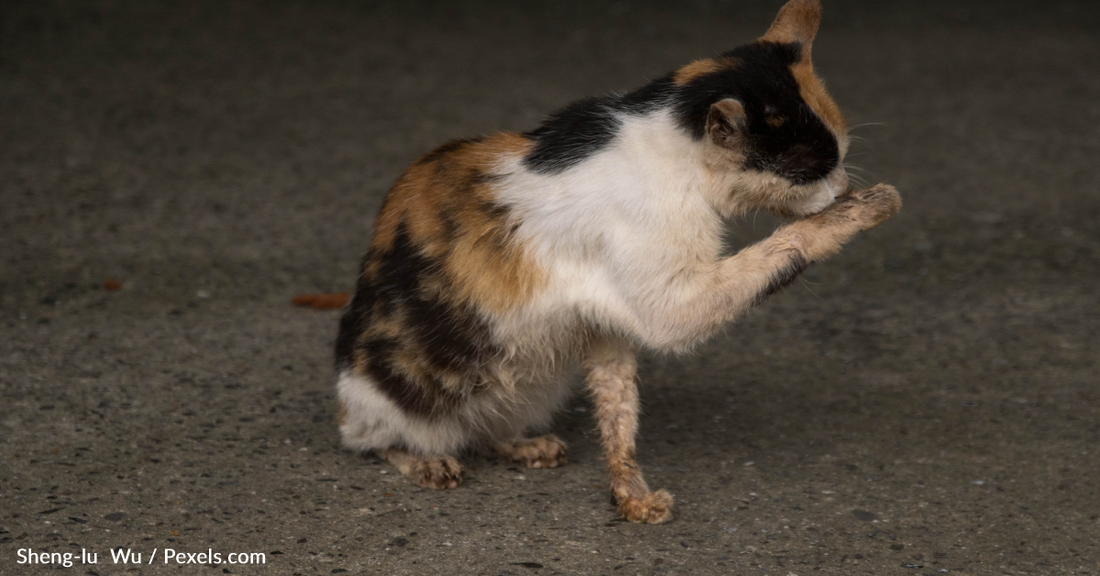New Zealand Cat Hunting Competition For Kids Scrapped After Global Backlash
Malorie Thompson
A cat hunting competition for kids in New Zealand has been canceled after receiving global backlash.
The North Canterbury Hunting Competition was scheduled to run through late June. During that time, kids under 14 would compete to kill the most feral cats.
 Photo: Pexels/Sheng-lu Wu
Photo: Pexels/Sheng-lu Wu
The North Canterbury Hunting Competition regularly hosts events targeted at killing different animal species for fun as a way to raise money for various causes. The cat-killing competition was slated to support the Rotherham Community Pool and Rotherham School.
According to The Guardian, over 250 children participated in murdering around 427 animals through the North Canterbury Hunting Competition. Targeted species included possums, hares, and rabbits.
 Photo: Pexels/Marina Solis
Photo: Pexels/Marina Solis
This year, the organization added a new animal category to kill that sparked outrage across not only the country but the world. In a since-deleted Facebook post, the North Canterbury Hunting Competition invited kids to participate in a competition to kill the most "feral cats" and the winner would receive a $155 prize.
The post added that the cats will be scanned for microchips after they're killed and any pet cats will be ineligible for entry.
In a statement to the New Zealand Herald, the SPCA condmended the competition, noting concerns of it being inhumane and unethical. They said: "Organisers have stated that cats will be scanned for the presence of a microchip to identify pet cats, however, this will be done after the animal has been shot and killed."
 Photo: Pexels/ZHICHENG ZHANG
Photo: Pexels/ZHICHENG ZHANG
In a Facebook post, the SPCA Canterbury added: "It's not possible to tell the difference between a feral, stray or frightened domestic cat based on appearance, so there is a good chance someone's pet may be killed during this event. In addition, children often use air rifles in these sorts of event which increase the likelihood of pain and distress, and can cause a prolonged death. Our SPCA Inspector Lead here in Christchurch says cases of cats being shot which don't result in immediate death aren't uncommon, with one happening just yesterday, 17 April."
They went on to say, "SPCA advocates that, instead of organised killing events, education around humane and compassionate practices can better prepare young people to appreciate and protect the biological heritage of New Zealand."
Proponents of the event have argued that feral cat populations need to be dealt with, and encouraging children to kill kill them is one way to handle it. New Zealand resident Olivia Connolly wrote on Facebook in favor of the competition, saying, "It was never intended to be a complete solution to our feral cat issue. It's recognition of what many of our rural families get out and do together." Others added that they're excited to teach kids about "ethical pest control and management."
Evidence-based management of feral cat populations centers around TNR programs (trap, neuter, release). According to VCA Hosptials:
"TNR (Trap, Neuter, and Release) programs are the hallmark of controlling feral cat populations. These programs humanely trap feral cats and partner with veterinarians to spay and neuter them. Many programs vaccinate the cats for rabies and other infectious diseases. Although repeat immunizations are unlikely, some degree of protection is conferred. After surgery and immunization, the cats have one ear 'tipped' to indicate that they have been sterilized. This method of identification prevents unnecessary trauma of future capture."

 Photo:
Photo: 
